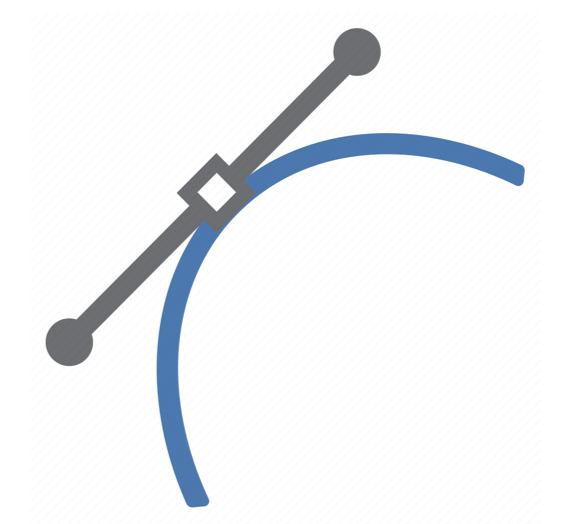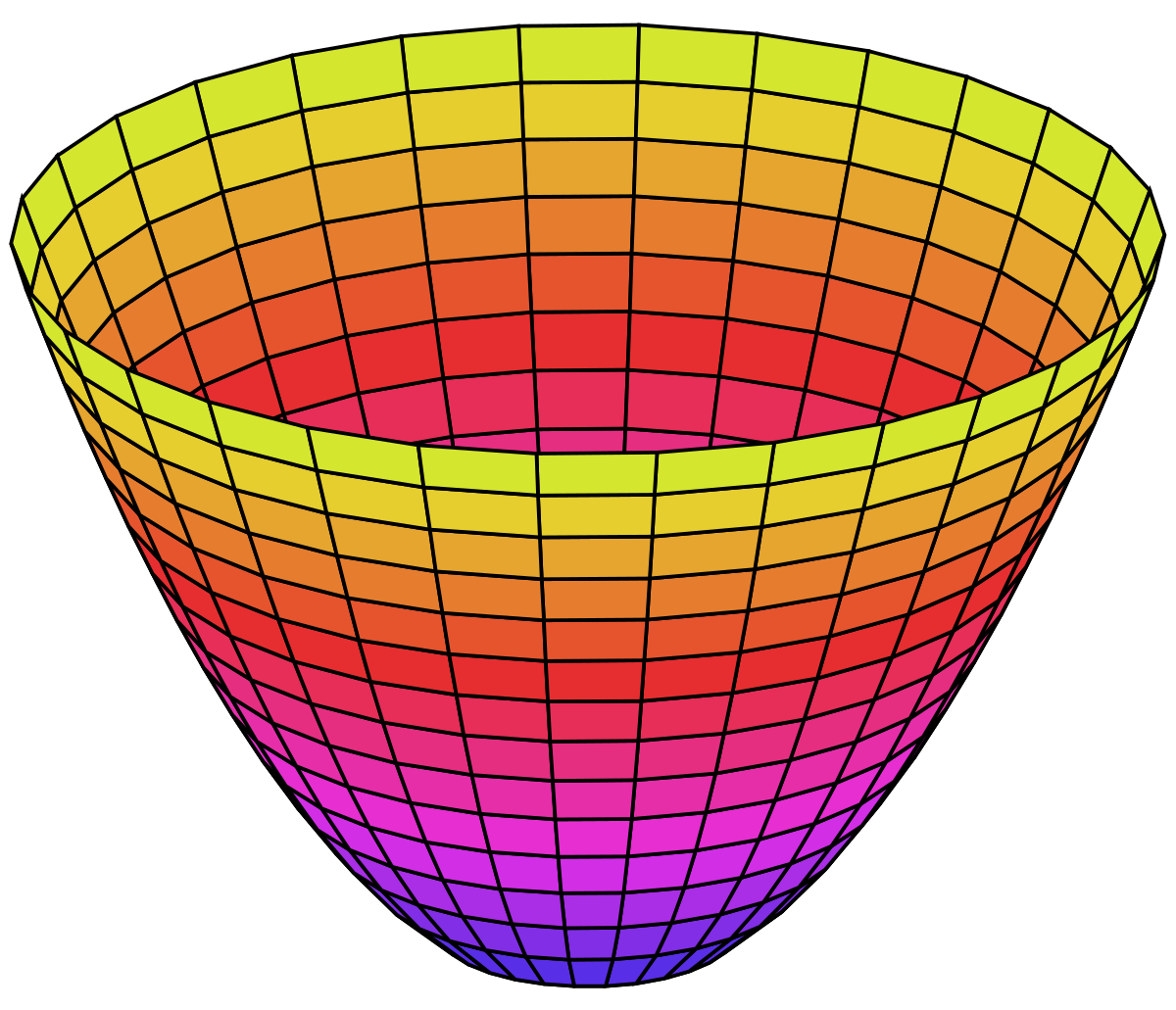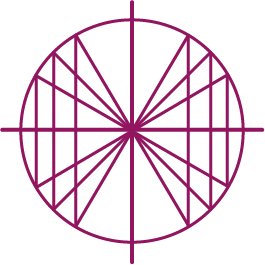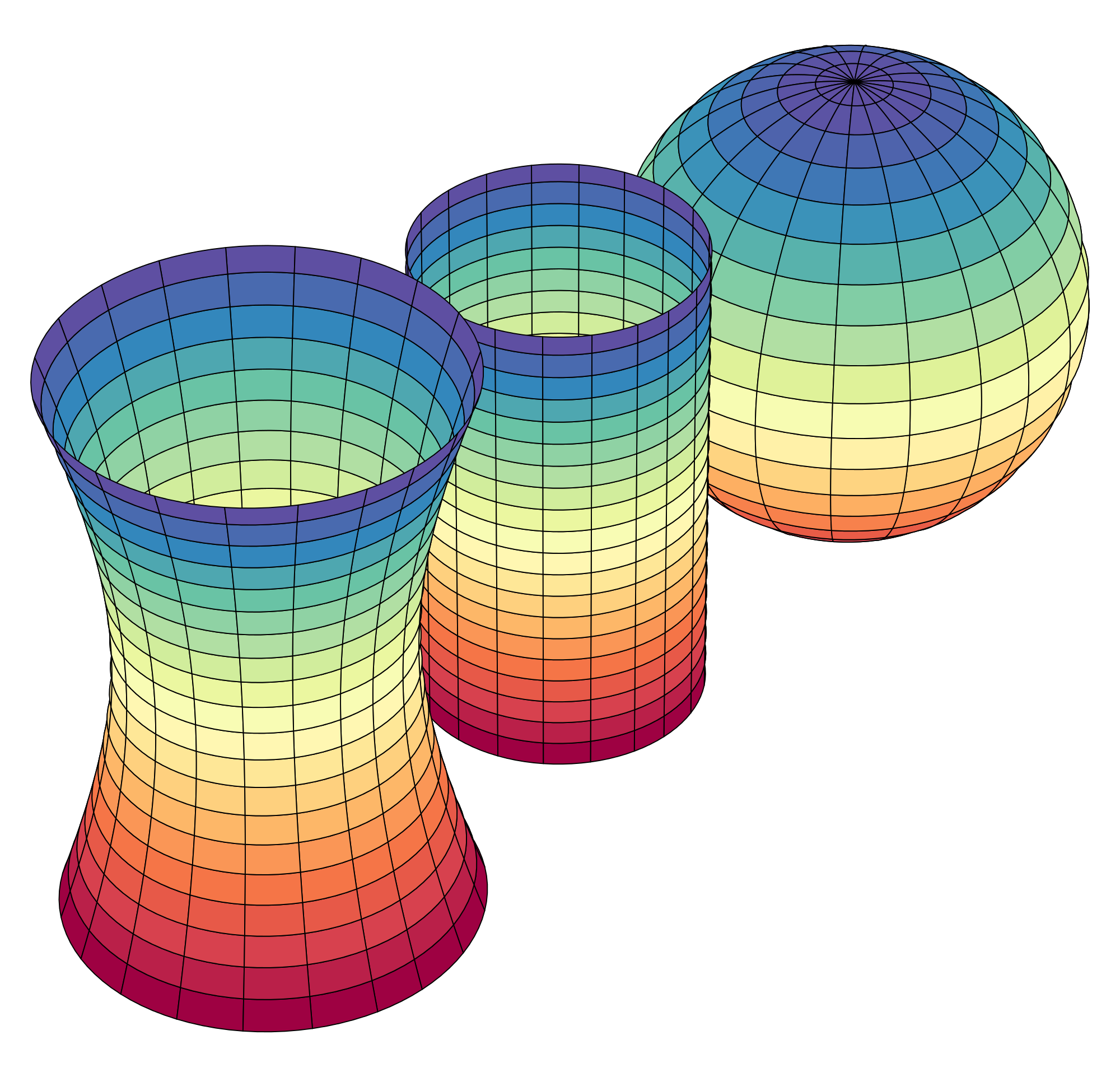Letters of Recommendation for Distance Calculus Students
An Academic Letter of Recommendation is a letter - usually written by an instructor, teacher, or professor - about and for a student - either to be shared directly with that student, or sent confidentially at the student's request to another college, university, or perhaps an employer.
Such Letters of Recommendation can range significantly in detail and quality.
On the lower end, the instructor may write very bland and uninspired facts about the student for the third-party:
TO WHOM IT MAY CONCERN:On the higher end, if the instructor or professor has the opportunity to engage with the student in meaningful academic interactions, if the student produced exceptional work, if the student contributed to the course, if the student really impressed the instructor or professor in various ways - then the Letter of Recommendation can and likely will have much more information contained in it about the student's academic performance in the course (or courses) the instructor mentored the student in.
Ms. Jones was a student in my Differential Equations course. She earned an A-. She completed all of her homework on time.
It is very standard for both undergraduate and graduate school applicants to need multiple Letters of Recommendation from previous teachers, instructors, or professors. Undergraduate colleges and university now require such Letters for their applicants, usually to be written by a student's high school teachers. Letters of Recommendation are standard fare for employment applications as students move into the workforce.
Students who take a traditional Calculus course in, say, a large lecture hall with hundreds or even thousands of students, there may be difficulty for the instructor of such a large course to be able to write a meaningful Letter of Recommendation for a student given such a course structure. Some students make a point of going to the instructor's office hours each week with the goal of asking that instructor for a Letter of Recommendation after the course conclusion.
One of the great benefits of the pedagogical format for Distance Calculus is the built-in intensive student-instructor interaction - the conversation back-and-forth, back-and-forth, as if you are always at the instructor's office hours! Additionally, as Distance Calculus uses multiple evaluation instruments - homework assignments with recursive grading in support of Mastery Learning, quizzes, exams, a final exam sequence with multiple exams, a mentored written 2-hour final exam, and a final video portfolio - the opportunity for the head professor, Dr. Robert Curtis, to write a thorough and comprehensive Letter of Recommendation for a successful Distance Calculus student is quite robust.
Whether finishing a set of courses for an undergraduate degree, or preparing your application packet for a graduate school, having a strong set of Letters of Recommendation is very important as your academic and employment careers blossom. Completing one (or many of the Distance Calculus courses provides the added benefit of earning such a Letter of Recommendation for your academic packet.
Not all Distance Calculus students earn the highest grades - we have a very healthy spread of A's, B's, and C's in all of our courses. Just because you earn a B or even a C in a Calculus course, that does not necessarily preclude you from request a Letter of Recommendation. Upon request, Dr. Curtis will examine your Gradebook and course conversation transcripts, and share with you if he can write a positive Letter or not.
Students who do earn strong A grades in Distance Calculus courses are in the best position to earn a favorable Letter of Recommendation.
For those students who request, an optional Letter of Recommendation Interview is available after the course conclusion for the professor and student to discuss their academic goals, the student's important points he/she would like emphasized in the Letter of Recommendation, and how the Letter of Recommendation may fit into the student's various undergraduate/graduate applications to specific universities/programs.
If earning a Letter of Recommendation is part of your academic goal set, please reach out to Dr. Curtis, perhaps at the beginning of the course, and certainly (also) towards the end of the course, to start the discussion on formulating a Letter of Recommendation based upon your Distance Calculus course achievements.
 Freshman Math Courses
Freshman Math Courses
- Applied Calculus for Business [3 credits] [3CR]
- Applied Calculus for Life Science [3 credits] [3CR]
- Calculus I[4 credits] [4CR]
- Calculus II[4 credits] [4CR]
 Sophomore Math Courses
Sophomore Math Courses
- Multivariable Calculus III [4 credits] [4CR]
- Differential Equations [3 credits] [3CR]
- Linear Algebra [4 credits] [4CR]
- Probability Theory [3 credits] [3CR]
 Honors Math Courses
Honors Math Courses
- Honors Calculus I [5 credits] [5CR]
- Honors Calculus II [5 credits] [5CR]
- Honors Calculus I+II for Data Science [5 credits] [5CR]
- Honors Multivariable Calculus [5 credits] [5CR]
- Honors Differential Equations [4 credits] [4CR]
- Honors Linear Algebra [5 credits] [5CR]
- Honors Linear Algebra for Data Science [5 credits] [5CR]
 Lower Division Math Courses
Lower Division Math Courses
- Precalculus with Trigonometry [4 credits] [4CR]
- Introductory Statistics [4 credits] [4CR]
- Finite Mathematics [3 credits] [3CR]
- Discrete Mathematics [4 credits] [4CR]
 Upper Division Math Courses
Upper Division Math Courses
- Computational Abstract Algebra [4 credits] [4CR]
- Computational Differential Geometry [4 credits] [4CR]

